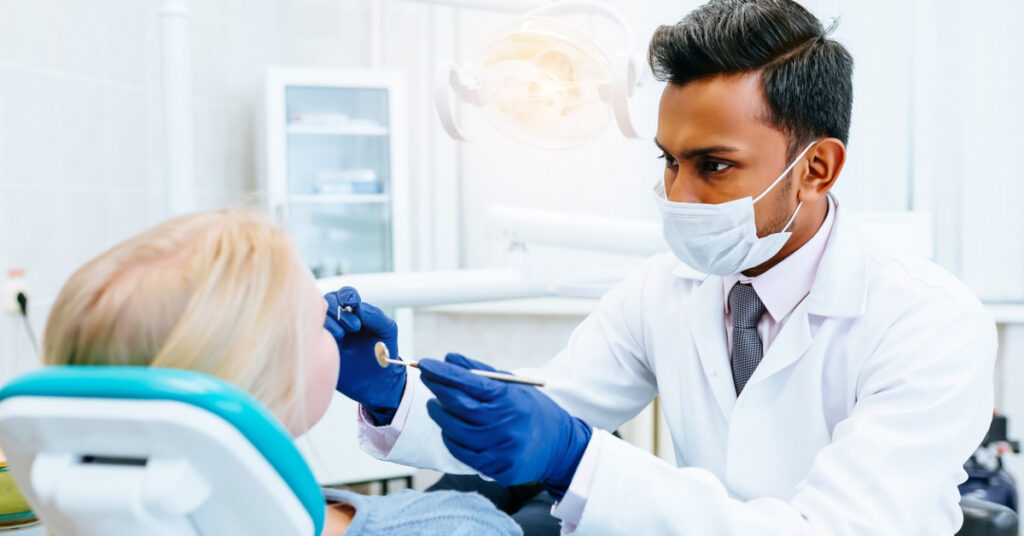In the fast-paced world of med spas, client satisfaction is at the heart of success. The journey from initial inquiry to post-treatment follow-up must be seamless and personalized to ensure a positive experience. By integrating advanced med spa software, practices can optimize these journeys, resulting in increased client retention and satisfaction. Here’s how med spa software streamlines the client experience:
Simplified Scheduling and Appointment Management
- Effortless Booking: Clients can easily book their appointments online through an intuitive interface, minimizing wait times and confusion.
- Real-Time Updates: Automatic appointment confirmations and reminders ensure that clients never miss their treatments.
- Flexible Scheduling: Med spa software supports real-time availability adjustments, giving clients the freedom to reschedule if needed.
Personalized Client Interactions
- Tailored Communication: Med spa software enables personalized messaging, from pre-appointment reminders to post-treatment care tips.
- Comprehensive Client Profiles: Maintain detailed client profiles, including preferences, treatment history, and skincare concerns, ensuring every interaction is relevant and thoughtful.
- Enhanced Customer Engagement: Automated notifications keep clients informed about new treatments, promotions, and special offers, fostering loyalty and engagement.
Streamlined Payment and Billing Processes
- Easy Payment Options: Clients can complete payments online or through in-spa terminals, with multiple payment methods available.
- Transparent Billing: Med spa software ensures that billing is clear, transparent, and easy to understand, eliminating any confusion or frustration.
- Secure Transactions: With advanced encryption and secure payment systems, clients can feel confident about their financial transactions.
Efficient Treatment Planning and Execution
- Data-Driven Insights: Med spa software tracks the effectiveness of various treatments, providing data-driven insights to improve outcomes.
- Seamless Workflow Management: From treatment room scheduling to resource allocation, every aspect of the spa’s workflow is optimized to ensure maximum efficiency.
- Real-Time Tracking: Staff can monitor progress and follow-up care in real-time, ensuring clients receives the best possible service at each step of their journey.
Improved Client Retention and Satisfaction
- Loyalty Programs: Software can help create and manage client loyalty programs, offering rewards for frequent visits and referrals.
- Feedback Integration: Post-treatment surveys and feedback integration ensure that clients’ experiences are continually improved upon.
- Referral Encouragement: Med spa software can automatically track and reward referrals, turning satisfied clients into ambassadors for the brand.
Conclusion: Empowering a Seamless Client Experience
By streamlining administrative tasks, enhancing communication, and personalizing the client experience, med spa software lays the foundation for smoother client journeys. This results in higher satisfaction, better retention, and the continued growth of the med spa practice. Embracing this technology is not just a step forward in operational efficiency, but a commitment to offering clients the best possible experience at every touchpoint.




